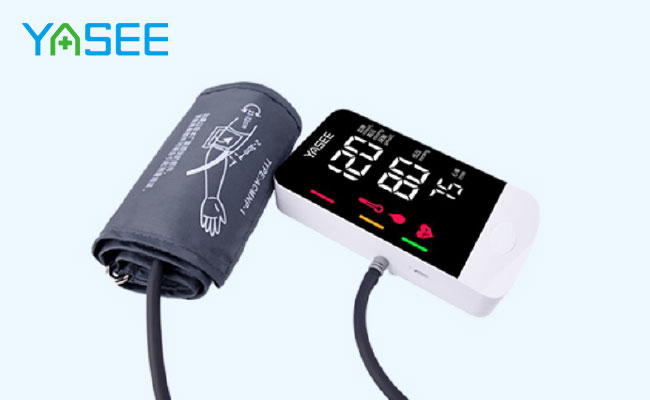
Manual for melon eating for diabetics
2024-07-23
Beware of high blood sugar
2024-08-06Hypertension is a common chronic disease characterized by persistently elevated intravascular blood pressure. Although blood pressure in healthy people may be temporarily elevated due to factors such as exercise, tension, excessive stress, long-term adverse effects can destroy the body’s ability to regulate blood pressure, leading to the occurrence of hypertension. Certain risk factors, including age over 55, smoking, drinking, family history of high blood pressure, obesity, a high-salt diet, and chronic stress, may contribute to the development of high blood pressure.
Although high blood pressure is often asymptomatic, it can have serious long-term effects on the body and may lead to complications such as kidney damage (kidney failure, nephrosclerosis, uremia), brain damage (stroke, cerebral hemorrhage, cerebral infarction), Heart damage, etc. Disease injuries (coronary heart disease, heart failure, myocardial infarction) and visual disturbances (fundus hemorrhage, vision loss, blindness). It is worth noting that people with both diabetes and hypertension have a higher risk of cardiovascular and cerebrovascular diseases, and it is recommended to maintain a lower blood pressure level.
To effectively control high blood pressure, regular monitoring of blood pressure is essential. For patients with diabetes and hypertension, recommended blood pressure control goals are lower than those for the general population. Proper measurement techniques, such as maintaining correct posture, relaxing before taking the measurement, and avoiding factors that affect blood pressure, are critical for accurate readings. It should be noted that blood pressure values will fluctuate, and it is recommended to continue monitoring at a fixed time every day. However, never adjust your medication dosage based solely on blood pressure measurements.
Although complications of hypertension can lead to high rates of mortality and disability, aggressive blood pressure management is essential to maintaining a healthy life. By adhering to recommended monitoring practices and lifestyle changes, individuals can take proactive steps to effectively prevent and manage hypertension.



